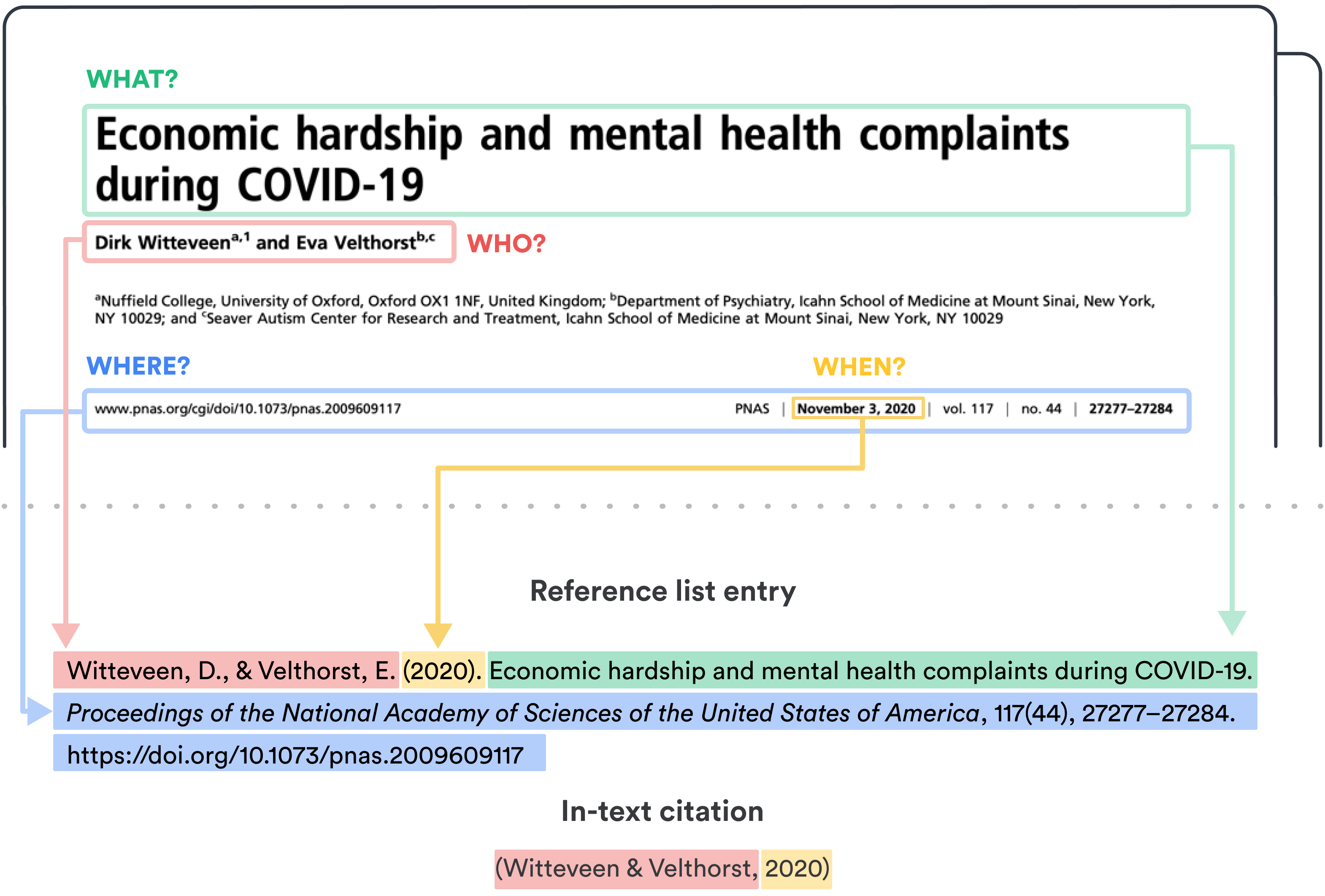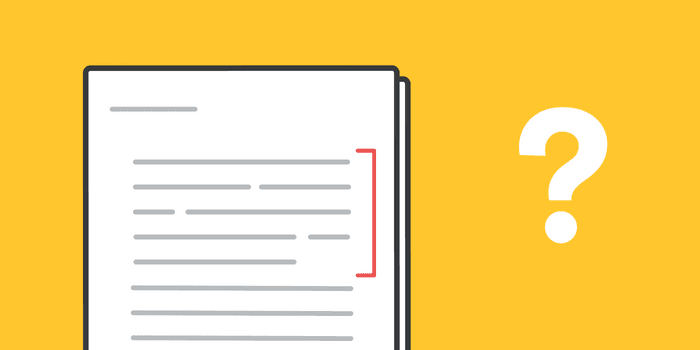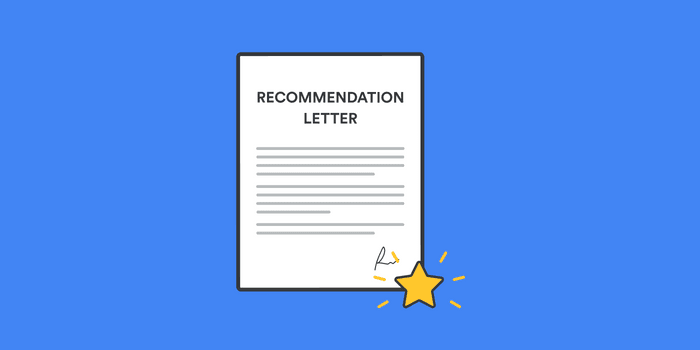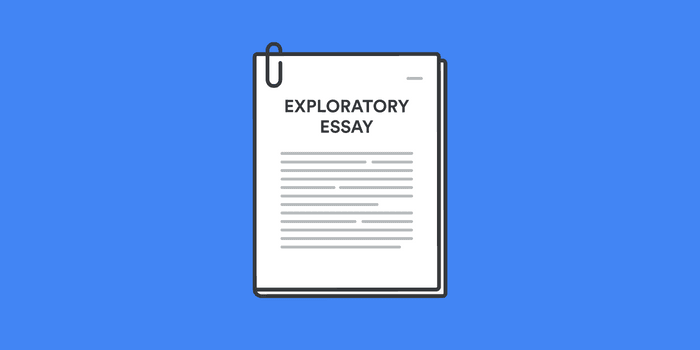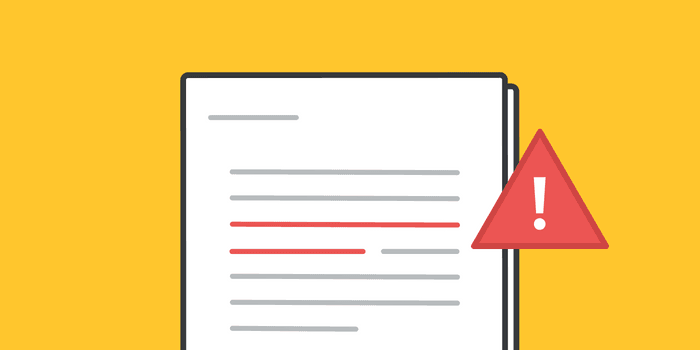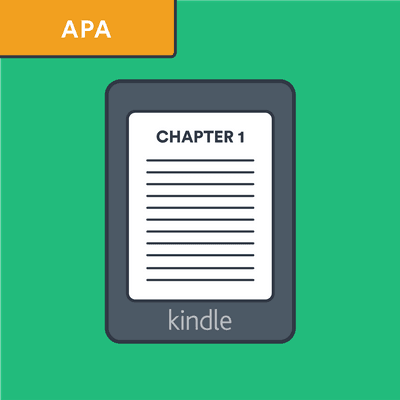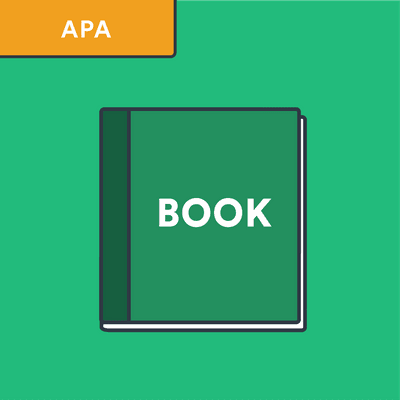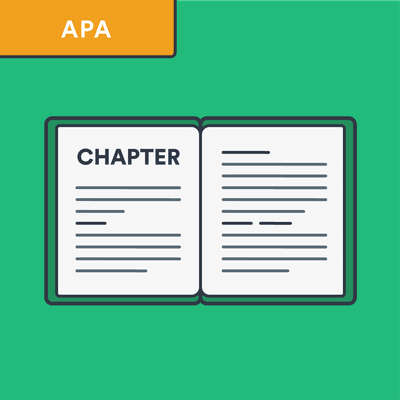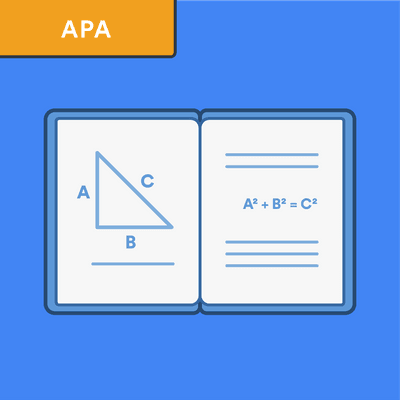BibGuru APA Citation Generator
Cite websites, books, articles, ...

Stress-free and accurate citations with the BibGuru APA citation generator
| 🚀 Fast | 👌 Simple and intuitive interface |
| 🎓 Cite in APA 6 & APA 7 | 🥇 Most accurate citation data |
Getting citations and reference lists done correctly can be very confusing and time-consuming. We have created BibGuru to help you focus on the content of your work instead of worrying about how to complete your reference list correctly. We believe that students should not waste their time entering data manually or lose grades on incorrect bibliographies.
BibGuru is a simple and fast APA citation generator specifically designed for students. Its powerful search bar allows you to search for books, websites, and journal articles and add them directly to your bibliography. Start citing here:
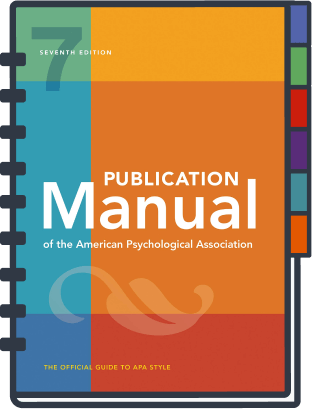
I want to cite a ...
Want to know how the APA citation style works in detail? Learn all the rules of the APA citation style below.
The ultimate guide to citing in APA
APA is one of the most popular citation styles, widely used in the social and behavioral sciences and many other fields. APA stands for American Psychological Association. The APA citation style was developed by social and behavioral scientists to standardize scientific writing and is currently in its 7th edition.
If you are not sure which citation style to use in your paper, ask your instructor. There are many different citation styles, and using the style your instructor or institution has established correctly can have a positive impact on your grade.
The Publication Manual of the American Psychological Association (7th edition) is the basis of this guide. It contains guidelines on paper structure and content, writing and formatting, and crediting sources in APA. This guide focuses on crediting sources and aims to answer all of your questions about citing in APA.
The APA citation rules stretch more than 50 pages in the official APA publication manual, and yes, they are complex. We have created the BibGuru citation builder to help you focus on the content of your work instead of worrying about how to get your reference list done correctly.
For general tips and tricks on writing your papers in APA, or to learn how to format your APA title page and abstract page, visit our blog. Or just use our free APA format citation generator to automatically create accurate APA citations with only a few clicks.
APA citation basics
The APA guide recommends that you cite any works or individuals whose ideas, theories, or research have directly influenced your work. This means that you should cite only works you have read and ideas you have incorporated into your writing. Whenever possible, prioritize citing primary sources, and use secondary sources sparingly.
A primary source reports original content; a secondary source refers to content first reported in another source.
APA citation style uses in-text citations and a reference list. Both can be created with just a click with BibGuru's APA citation generator.
APA in-text citations
For in-text references, APA uses the author-date citation system. This system allows readers to find the sources cited both within the text and in the reference list, where each source is listed alphabetically. Each work cited in the text must appear in the reference list, and each work in the reference list must be cited in the text.
To insert a citation in the text, include the author's last name and year of publication. For a direct quotation, include the page number or specific location of the phrase or sentence in the original work.
In-text references have two formats: parenthetical and narrative. In parenthetical citations, the author's name and publication date appear in parentheses. When a parenthetical citation is at the end of a sentence, place the period or other end punctuation after the closing parentheses. Here is an example:
EXAMPLEParenthetical citation
In the production process nowadays, skilled labor and computerized machines are used (Rode, 2012).
In narrative citations, the name and publication date is incorporated into the text as part of the sentence. The author appears in running text and the date appears in parentheses immediately after the author's name:
EXAMPLENarrative citation (with parenthesis)
Rode (2012) claims that productive activities have been part of human civilization since ancient times.
In some cases, author and date might both appear in the narrative. In this case, no parentheses are needed:
EXAMPLENarrative citation (without parenthesis)
In 2012, Rode wrote about the productive activities...
If you cite multiple works parenthetically, place the citations in alphabetical order, separating them with semicolons, like in this example:
EXAMPLEMultiple parenthetical citations
(Adams et al., 2019; Shumway & Shulman, 2015; Westinghouse, 2017)
If multiple sources are cited within a sentence, they can appear in any order:
EXAMPLEMultiple sources in a sentence
Suliman (2018), Gutiérrez (2012, 2017), and Medina and Reyes (2019) examined...
If you cite a work with more than one author or editor, additional rules apply:
- If a work has two authors, cite both names every time the reference occurs in the text.
- When citing a work with 3-5 authors, cite all authors the first time the reference occurs. After the first time, you only need to include the last name of the first author, followed by "et al."
- When citing 6 or more authors, use the first author's last name followed by "et al." for all citations.
According to the 7th edition of the APA Manual, if you are citing 3 or more authors, you only need to list the first author, followed by "et al." Click here to learn more about the difference between APA 6th and 7th editions.
The BibGuru free APA 7 citation generator has incorporated all the new APA 7th edition rules, so you don’t have to worry about the differences between the versions.
Direct quotations
When quoting directly, always provide the author, year, and page number of the quotation in the in-text citation. When citing a single page, use the abbreviation "p." (e.g., p. 26, p. S44, p. e283); for multiple pages, use the abbreviation "pp." and separate the page range with an en dash (e.g., pp. 34-36). If pages are discontinuous, use a comma between the page numbers (e.g., pp. 65, 72).
Here are two examples of direct quotations:
EXAMPLEDirect quotation
"For both parties to gain from trade, the price at which they trade must lie between the two opportunity costs" (Mankiw, 2015, p. 54).
EXAMPLEDirect quotation (narrative)
In his book, Bonnett asks "What is the difference between being white and being Western?" (2004, p. 14).
However, APA strongly recommends paraphrasing whenever possible instead of using a direct quotation. A paraphrase restates another's idea (or your own previously published idea) in your own words.
APA reference list
The reference list at the end of your paper provides the information that a reader would need to identify and find each source that you have used. An accurate reference list helps to establish the credibility of your work and of yourself as the author. You should only include works that you have used in the research for, and preparation of, your paper.
A reference list generally has four elements: author, date, title, and source. Each of these elements answers a question:
- Author
- Who is responsible for this work?
- Date
- When was this work published?
- Title
- What is this work called?
- Source
- Where was the work published?
When formatting the author part, follow these guidelines:
- Invert all individual author's names, providing the last name first, followed by a comma and the initials: Author, A. A.
- Use a comma to separate an author's initials from additional author names, even when there are only two authors. Use an ampersand (&) before the final author's name: Author, A. A., & Author, B. B.
- For up to 20 authors, provide last names and initials. Use an ampersand before the final author's name.
- For 21 and more authors, include the first 19 names, insert an ellipsis (...), and then add the final author's name.
- People who contributed substantially in roles other than the author can also be credited - an example would be an editor abbreviated as "(Ed.)"
APA 7th edition allows you to include up to 20 authors' names in an individual reference.
When formatting the title part, follow these guidelines:
- For works that are part of a greater whole (e.g. journal articles, edited book chapters), do not italicize the title or use quotation marks, and capitalize it using sentence cases.
- For works that stand alone (e.g. books, reports, websites), italicize the title, and capitalize it using sentence cases.
- Finish the title element with a period, unless it ends with a question mark or exclamation point. In that case, use that punctuation mark.
Depending on the reference category, the source has one or two parts. A source from a printed book without a DOI has one part: the book's publisher. A source from a journal article with a DOI has two parts: the periodical information (journal title, volume number, issue number, and page range or article number) and the DOI.
The publication place of printed sources is no longer required in APA 7th edition. Visit our post on the differences between APA 6th and 7th edition to learn more.
The DOI or URL is the final component of the reference list entry in the APA style. A DOI, or digital object identifier, is a unique alphanumeric string that identifies content and provides a persistent link to its location on the internet. Include a DOI for all works that have a DOI, regardless of whether you used the online version or the print version. If an online work has both a DOI and a URL, include only the DOI, but if the source only has a URL, include the URL.
You no longer need to include "retrieved from" prior to listing a URL, according to APA 7th edition.
How to format the reference list in APA:
- Begin the reference list on a new page after the text.
- Name it "References", and center the section label in bold at the top of the page.
- Order the reference list alphabetically by author (last name of the first author followed by the initials of the author's given name(s)).
- Alphabetize entries by authors who have the same given name and last name with suffixes indicating birth order chronologically, oldest first.
- Double-space the entire list (both within and between entries).
- Apply a hanging indent of 0.5 in. to each entry. This means that the first line of the reference is flush left and subsequent lines are indented 0.5 in. from the left margin.
An example of an APA reference page made with BibGuru's APA citation generator.
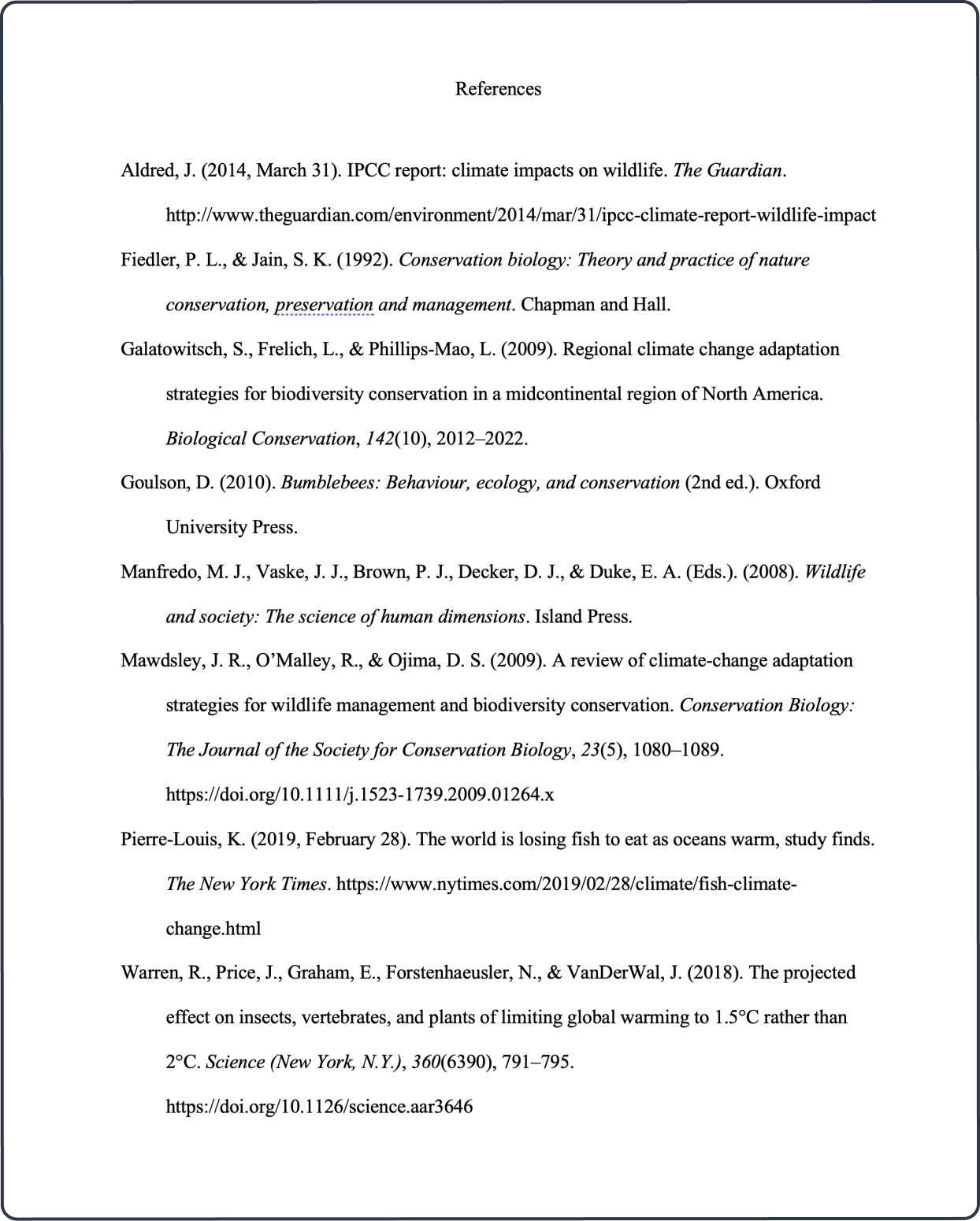
Helpful Resources
From our blog
More Bibguru APA guides
University Guides on APA styles
- Purdue University Online Writing Lab (OWL)
- Williams College
- Florida State University Libraries
- New York University Libraries
- University of Washington Libraries
- Penn State University Libraries
- University of Nevada, Reno Libraries
- University of Texas at Arlington Libraries
- Bowling Green State University Libraries
- University of Missouri Libraries
- Boston College Libraries
- Hamilton College Writing Center
- Bellevue University Writing Center
- Hudson Valley Community College Library
- University of South Carolina Libraries
- University at Buffalo iLab
- University of Portland Library
- Duquesne University Library
- Columbia College Library (Vancouver, BC, CA)
- Simon Fraser University Library (BC, CA)
FAQs
🎓 What does the APA format stand for?
APA is the referencing style of the American Psychological Association. The principles of the APA style can be found in the Publication Manual of the American Psychological Association. The style is commonly used in psychology, education, and the social sciences.
✍️ How do I cite in APA?
In APA style, you need to cite your source in-text with the author's last name and year of publication in brackets, and then give a full reference in the alphabetic reference list. Our APA citation guides show you how to cite different sources in APA, taking into consideration all the rules set out in their Publication Manual.
🔔 Is the APA format double-spaced?
In general, all parts of an APA-styled paper should be double-spaced, including the abstract, text, titles, notes, and reference list. There are some exceptions, however, which you can read all about here.
🏫 How do you cite the same source multiple times in APA?
When you cite a source for the first time in a paragraph as part of a sentence, give the citation of your author's name and year. The second and subsequent time you use that source in a sentence, you do not need to include the year anymore.
🤷♀️ What are the differences between the APA 6th and APA 7th format?
In the fall of 2019, the American Psychological Association (APA) issued the 7th edition of their publication manual. Some of the major changes in APA 7th are:
- Book references now omit the publisher location.
- Journal articles should always include an issue number.
- You can add up to 20 authors in a reference list instead of only 7.
- Websites’ URLs omit the “Retrieved from” or "Accessed from" phrase.
You can read more about the changes in the latest version in our blog post.

